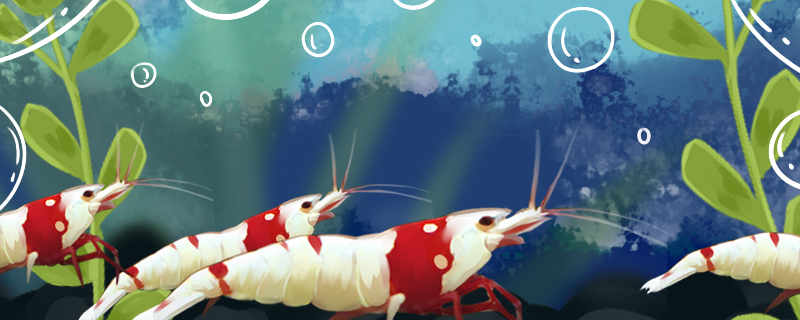
Generally, ornamental shrimps should be raised in a tank 40 cm deep. The caliber of the tank should be determined according to the size and quantity of the shrimps. Sufficient space for activities must be reserved. In addition to the large tank, but also put some sand and stones in it, you can also grow aquatic plants and other plants, not only can improve the ornamental, but also provide food for shrimp.
1. Appropriate water temperature: Raising ornamental shrimps is similar to raising tropical fish. You must pay attention to controlling the water temperature. Usually, the temperature should be maintained between 22-24 C. In this case, the dissolved oxygen in the water body is relatively high, and the oxygen content will decrease if the water temperature rises. However, during the breeding period, it can be increased by 1-2 degrees Celsius, but if it exceeds 28 degrees Celsius, the mother shrimp will not be able to hatch eggs.
2. Clean water quality: Ornamental shrimps have relatively high requirements for water quality. The ammonia content in the water body cannot be too high, otherwise it will affect its health. In addition, we should pay attention to the pH of the water, which is usually maintained between 5 and 8, and the hardness is about 1 to 6. If the hardness of the water is high, the shrimp will not be able to shell.
3. Pay attention to feeding: generally, brine shrimp, red worms and spinach should be used to feed ornamental shrimps. Feeding must be timed and quantitative to ensure that it can eat regularly. In addition, we should avoid residual bait in the water body, so as not to pollute the water body and lead to the decline of water quality. Feed should pay attention to collocation, if long-term feeding a kind of food, will lead to its picky eating.
4. Shelling matters: Shelling of ornamental shrimps is likely to fail due to insufficient nutrition or oxygen. Therefore, it is necessary to supplement nutrition at ordinary times. Oxygen should be added during shelling. Do not change water during deoxidation, so as not to stimulate it with new water.